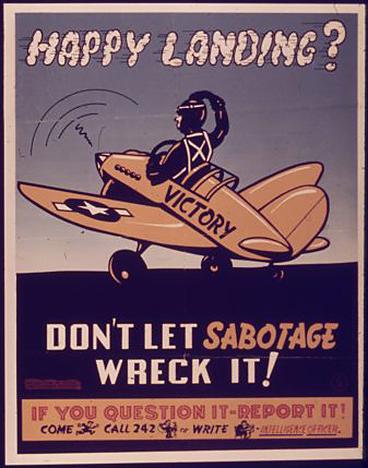Free trade agreements sabotage climate treaty
Free trade agreements sabotage climate treaty

Confidential European Commission papers leaked via WikiLeaks show that a transition to sustainable energy is being explicitly sabotaged in negotiations on the Trade in Services Agreement (TiSA.) In the chapter on energy-related services, making any distinction between sustainable and non-sustainable energy is forbidden. This means that the Netherlands, once the treaty has entered into force, will be obliged to open its market to any and every kind of energy, regardless of whether it is sustainable, produced from fossil fuels or even from nuclear power. The door will also be wide open to shale gas and tar sands oil. Commenting on the revelations, SP Euro-MP Anne-Marie Mineur says, “The whole world is looking in on the climate summit, hoping for an agreement which is good for everyone. This is being completely undermined behind the scenes by this services treaty, which is perhaps even more far-reaching than the TTIP.”
 Negotiations on TiSA now involve fifty countries, from Mexico to Japan, and from Pakistan to the EU. “Next week I’m going to Paris for the climate summit, but at the same time a negotiating round on the TiSA will be taking place in Switzerland,” says Mineur. “It’s truly ridiculous that the whole world is hard at work creating the conditions for a transition to 100% sustainable energy, while at the same time it’s being decided elsewhere that countries can’t show any preference for renewable energy, or that they can’t say ‘no’ to shale gas. This is yet another erosion of our democracy, which has extremely unpleasant implications for the success of any climate agreement in Paris.”
Negotiations on TiSA now involve fifty countries, from Mexico to Japan, and from Pakistan to the EU. “Next week I’m going to Paris for the climate summit, but at the same time a negotiating round on the TiSA will be taking place in Switzerland,” says Mineur. “It’s truly ridiculous that the whole world is hard at work creating the conditions for a transition to 100% sustainable energy, while at the same time it’s being decided elsewhere that countries can’t show any preference for renewable energy, or that they can’t say ‘no’ to shale gas. This is yet another erosion of our democracy, which has extremely unpleasant implications for the success of any climate agreement in Paris.”
The leaked sections from TiSA once more make it clear how great the problem of transparency is during the negotiations. “It’s a scandal that the public is dependent on WikiLeaks for information about such a far-reaching trade treaty,” Mineur insists. “That’s why I’ve also lodged questions with the European Commission calling for them to give the public free access to the negotiating texts.”
- See also:
- World
